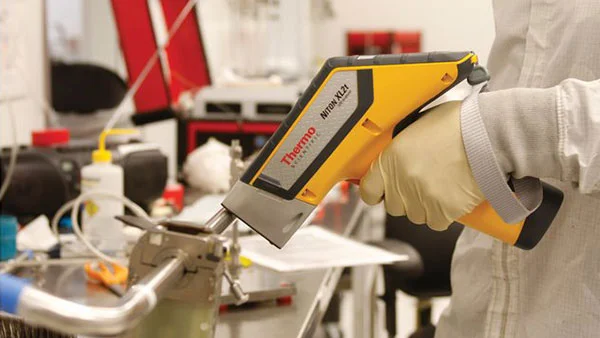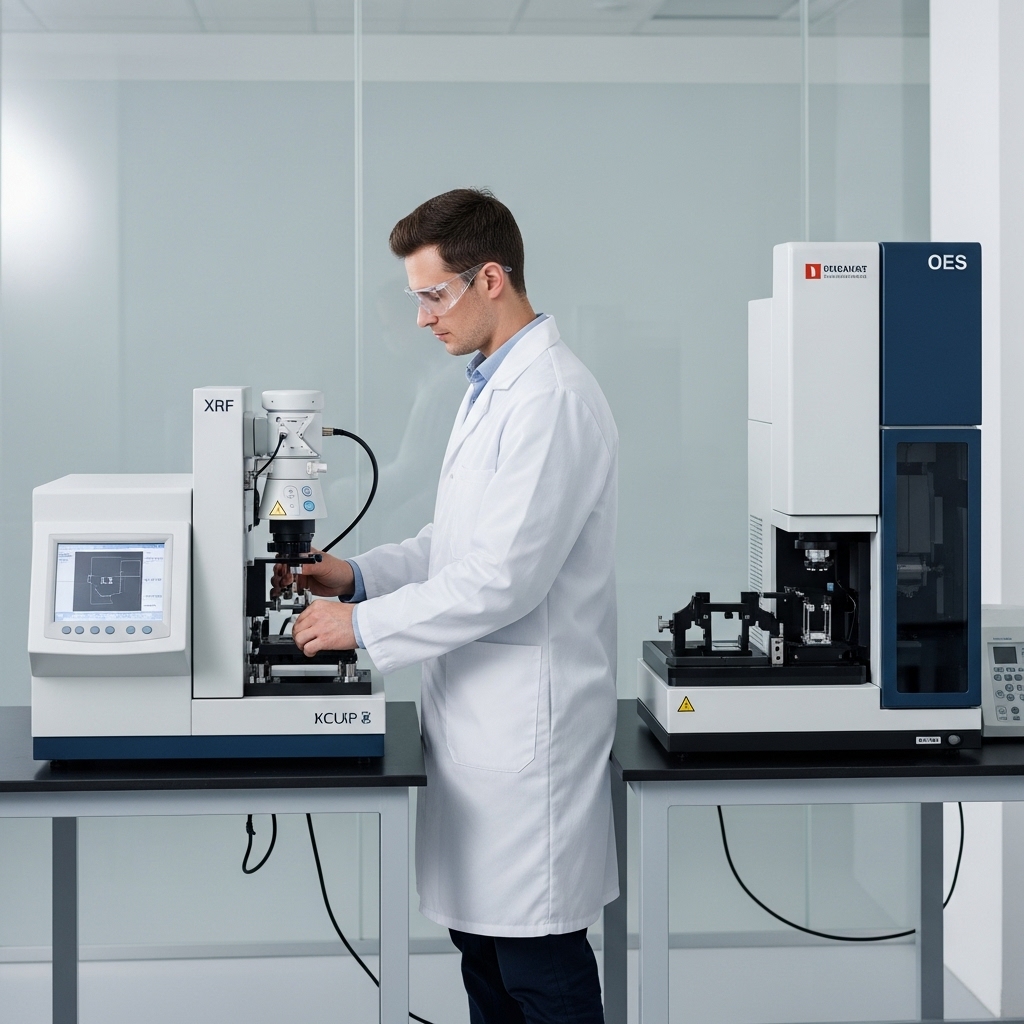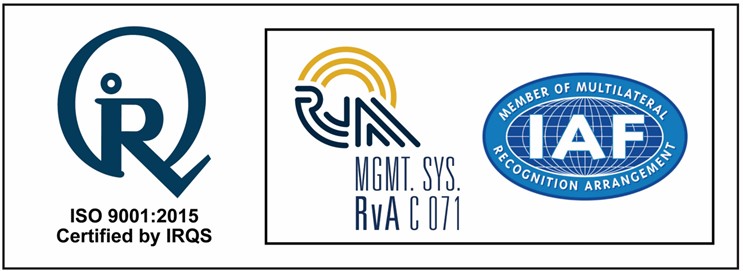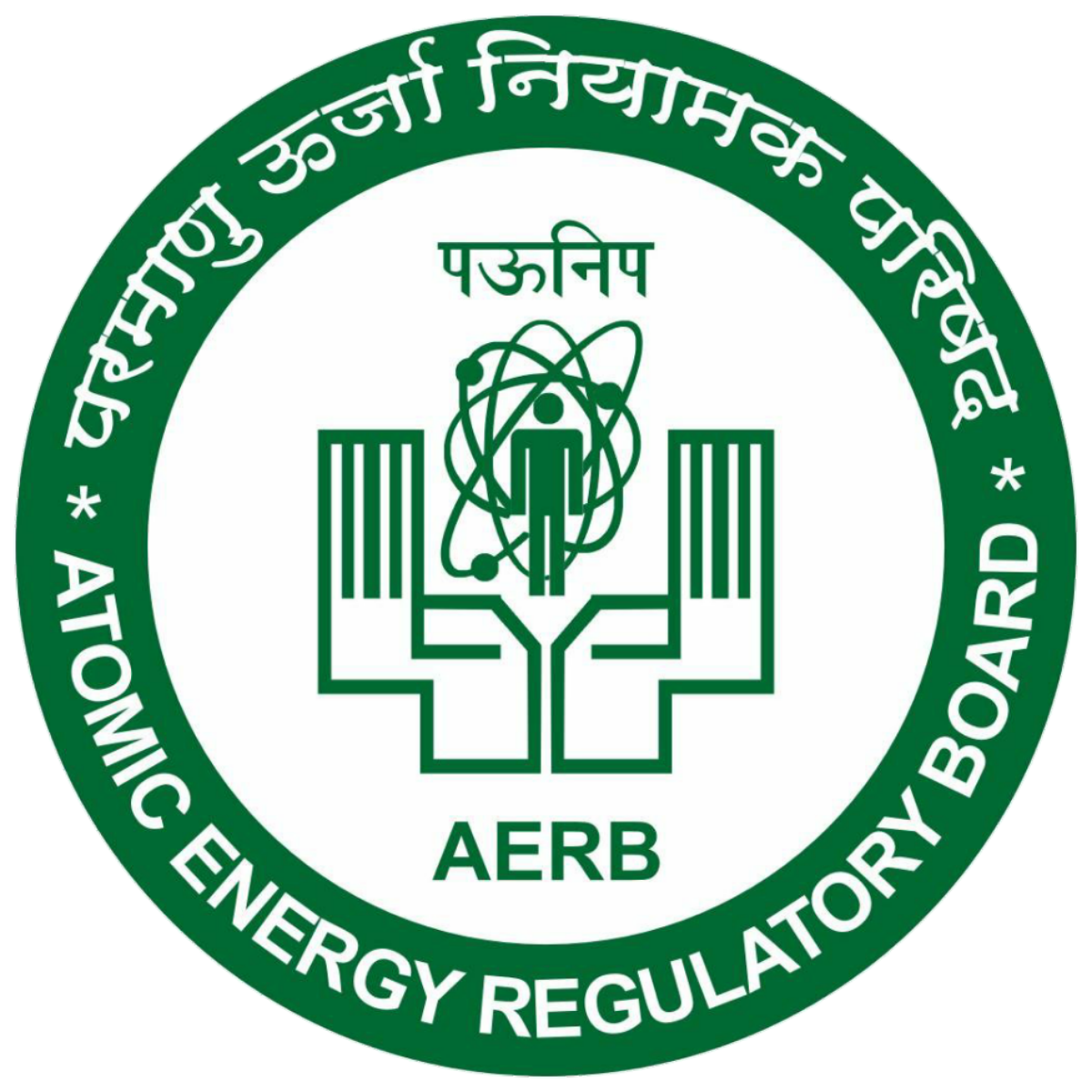
- +91-73564-85838
- [email protected]

Positive Material Identification (PMI) is a fast, accurate, and non-destructive technique used to verify the chemical composition of metals and alloys. It ensures that materials meet required specifications and industry standards, helping prevent material mix-ups and ensuring safety in critical applications.
Positive Material Identification (PMI) is a non-destructive analytical technique used primarily for verifying the elemental composition of metals and alloys. This process is essential in industries where material mix-ups can lead to critical failures or non-compliance.
Using advanced handheld analyzers such as X-Ray Fluorescence (XRF) or Optical Emission Spectroscopy (OES), PMI provides rapid on-site verification of materials—without damaging the component.
It is widely applied in industries like oil & gas, power generation, aerospace, and manufacturing for ensuring quality control, confirming material grade, and preventing costly errors in high-risk environments.


Positive Material Identification (PMI) plays a crucial role in ensuring the safety, quality, and compliance of metal components across industries. By providing quick, accurate, and non-destructive verification of alloy compositions, PMI helps prevent costly mix-ups, reduces the risk of equipment failure, and ensures that the materials used meet the required standards and specifications.
Our certified professionals are equipped with the latest PMI analyzers to provide rapid and accurate material verification services on-site or at your facility.
Kaztron offers advanced PMI testing solutions to protect your operations from material failure, improve traceability, and ensure regulatory compliance—backed by decades of industry experience.
High-precision analysis of elements such as Fe, Ni, Cr, Mo, Mn, and more.
Most inspections completed in under 48 hours, with same-day reporting available.
Trusted by industry leaders for quality assurance and fast mobilization.
Supports audits, certifications, and regulatory requirements effortlessly.
PMI Demystified: Common Questions Explained
PMI is a non-destructive test used to determine the elemental composition of metals and alloys, ensuring the right material is used for the right application.
It prevents mix-ups, supports safety-critical applications, ensures code compliance, and is essential for asset integrity and documentation.
Using handheld XRF or OES devices, technicians scan metal surfaces and receive real-time results with elemental breakdowns.
Yes—PMI is non-invasive, requires no sample extraction, and is safe for use on finished components and in-service equipment.
Stainless steel, carbon steel, nickel alloys, aluminum alloys, titanium, and more.
XRF detects most metals except for lighter elements like carbon and boron. For those, OES is recommended.
Sign up our newsletter to get update news and article about company.





Kaztron NDT Pvt Ltd offers certified NDT training and inspection services, helping industries and professionals ensure safety, quality, and compliance through advanced testing techniques.